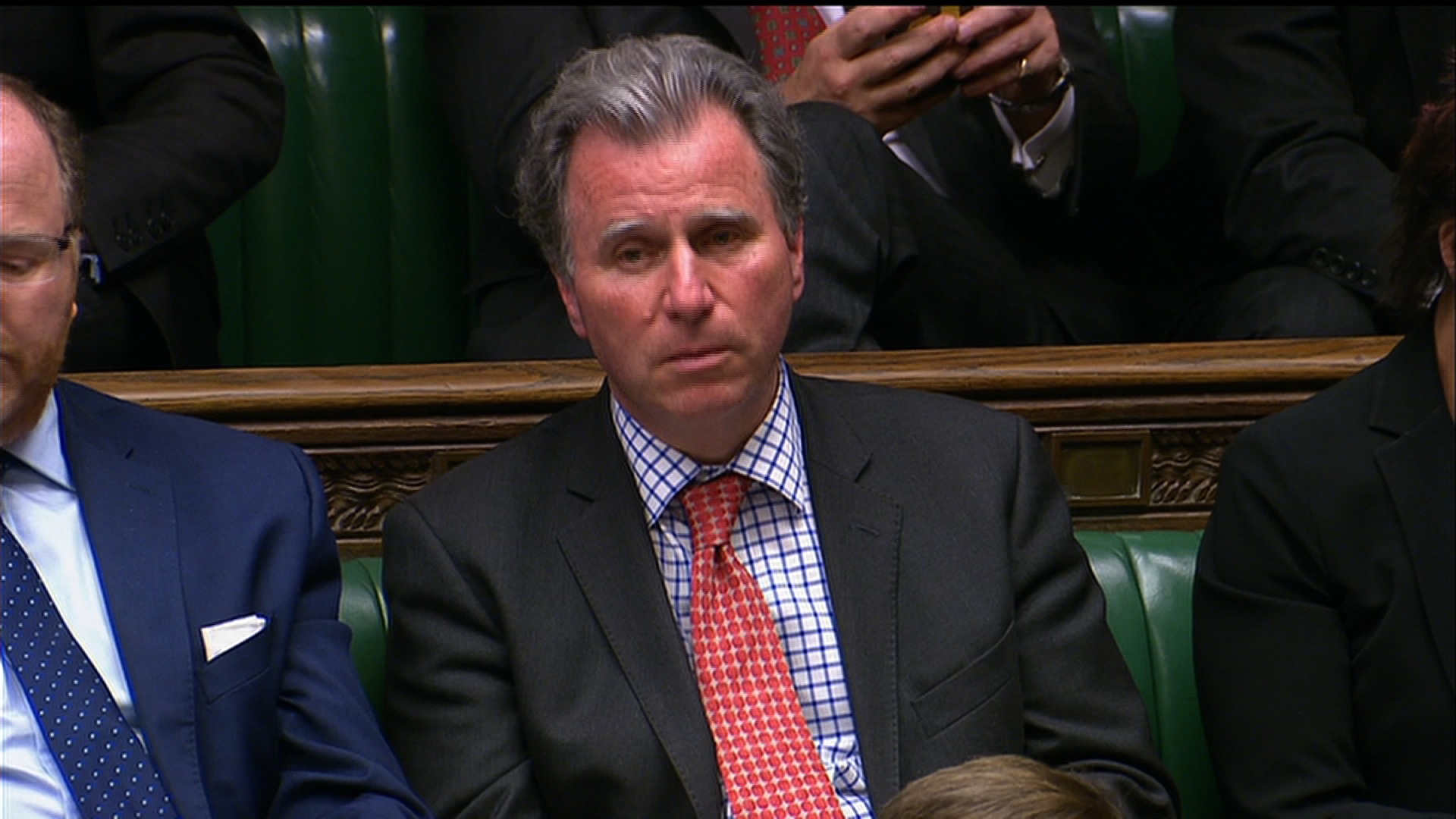British MPs fail to agree alternative Brexit plan -- live updates
By Lauren Said-Moorhouse and Bianca Britton, CNN
Our coverage has moved
Thanks for joining us
After an eventful day, where MPs spent hours debating alternative Brexit options for exiting the European Union and finding no majority for any of the indicative votes, we're wrapping up our live coverage.
If you'd like to read more about what happened or how Prime Minister Theresa May pledged to resign in a last-ditch attempt to save her Brexit deal, click here.

So what happens now?
There was a great deal of uproar at the end of the parliamentary session when it became clear that, despite the fact that there was no majority for any of the Brexit alternatives, there would be another day of debate under the same process on Monday. However, Anna Soubry, one of the MPs involved in orchestrating the day's events, said it was always envisaged that there would be two days of debate. The Speaker, John Bercow, agreed.
However, it's not entirely clear whether Monday's debate will go ahead. There will be further maneuvers inside and outside Parliament on Thursday. And it appears that the government wants to put Theresa May's deal back before MPs on Friday.
The Guardian's front page: "Parliament finally has its say: No. No. No. No. No. No. No. No."
British newspapers have begun reacting to the drama that unfolded tonight in the House of Commons.
Here's The Guardian's front page:
Is Brexit really so complicated?
Analysis by Luke McGee, CNN
Though tonight's non-binding votes produced no majority for anything, it did indicate that the Commons could favor something fairly soft. The largest number of votes fell behind a second public vote and a customs union of some sort ranked two and three.
What does this mean? Theresa May's resignation is still arguably the most significant development of the day. If she can make hardliners hold their noses and convince softer Brexiteers that passing her deal puts a customs union on the table as negotiations proceed, then they should get behind her.
That, of course, tees up the prospect of the debate around the future relationship being an almighty row about a customs union.
MPs tweet their frustration: "What a farce"
Lawmakers are tweeting their frustrations over tonight's results.
"What a farce as Parliament votes against all eight options. This is exactly what I thought would happen and why I voted against Parliament taking charge of the process or indicative votes," Independent MP Ian Austin wrote.
Turmoil in parliament as MPs argue over whether to hold a second day of votes
Oliver Letwin, the architect tonight's indicative votes, told the House of Commons that it was "a great disappointment" that there was no majority for any of the eight alternative Brexit options.
However, the MP told fellow lawmakers that he wanted to go ahead and spend Monday holding further debates and votes in parliament. But he was bombarded with shouts of "no," as MPs suggested a second day of indicative votes would be a waste of time after tonight's results.
"If on Monday the House is able to reach a majority view, I think that would be in the interests of our constituents, but I personally continue to harbor the hope that [MPs] will see fit to vote in favor of a Government motion between now and close of play on Friday. Which would obviate the necessity for a further set of votes on Monday," Letwin told Parliament.

While, Brexit Secretary Stephen Barclay said tonight's results prove that lawmakers should back Prime Minister Theresa May's deal as it was "in the national interest."
"The results of the process this House has gone through today strengthens our view that the deal the Government has negotiated is the best option," Barclay told Parliament.
Earlier this week, British lawmakers voted to take control of the House of Commons agenda in an unprecedented move to test support for alternatives to Theresa May's deadlocked Brexit plan.
What just happened?
After spending hours seeking an alternative way out of the current Brexit deadlock, MPs rejected all eight of the proposed alternative routes.
The non-binding vote calling for a second referendum received the most support from parliamentarians, while a permanent customs union came closest to passing.
Here's the list of alternative options in the order of popularity:
Motion (M) Confirmatory public vote
For: 268 (Against: 295)
Motion (J) Customs Union
For: 264 (Against: 272)
Motion (K) Labour’s alternative plan
For: 237 (Against: 307)
Motion (D): Common market 2.0
For: 188 (Against: 283)
Motion (L) Revocation to avoid no deal
For: 184 (Against: 293)
Motion (B): No deal
For: 160 (Against: 400)
Motion (O) Contingent preferential arrangements
For: 139 (Against: 422)
Motion (H) EFTA and EEA
For: 65 (Against: 377)
Results of Brexit indicative votes
Motion (B): No deal
Proposes leaving the European Union without a deal on April 12.
Rejected: 160-400
Motion (D): Common market 2.0
Proposes UK membership of the European Free Trade Association (EFTA) and the European Economic Area.
Rejected: 188-283
Motion (H) EFTA and EEA
Similar to the Common Market 2.0 approach, but rules out any customs union with the EU.
Rejected: 65-377
Motion (J) Customs Union
Proposes negotiating a "permanent and comprehensive Uk-wide customs union with the EU" in any Brexit deal.
Rejected: 264-272
Motion (K) Labour’s alternative plan
Calls on the UK to be closely aligned with the EU on matters such as the Single Market. Supports a permanent customs union in which the UK has "an appropriate say on any new trade deal terms."
Rejected: 237-307
Motion (L) Revocation to avoid no deal
Proposes if no Withdrawal Agreement is agreed to when the government is two days away from exiting the EU, the government has to have a no-deal Brexit vote. It states if MPs vote against a no deal the Prime Minister has to revoke Article 50 -- the legal process by which Brexit is happening.
Rejected: 184-293
Motion (M) Confirmatory public vote
Proposes that the UK cannot ratify any Brexit deal "unless and until they have been approved by the people of the UK in a confirmatory public ballot."
Rejected: 268-295
Motion (O) Contingent preferential arrangements
Calls for the government to seek preferential trade agreements with the EU if it can't agree a Withdrawal Agreement with the bloc.
Rejected: 139-422



